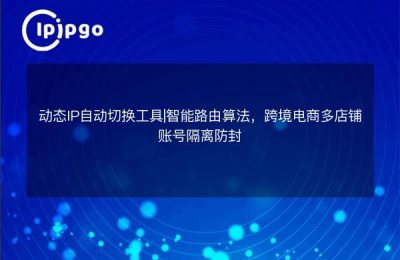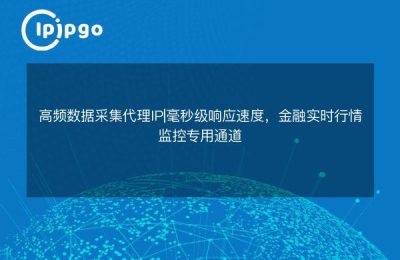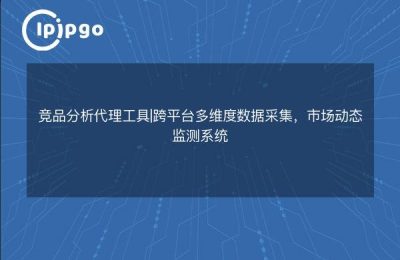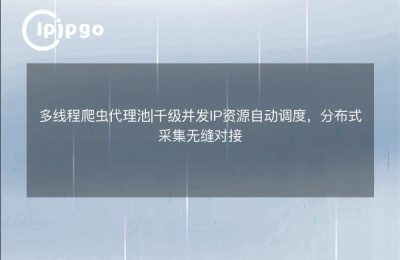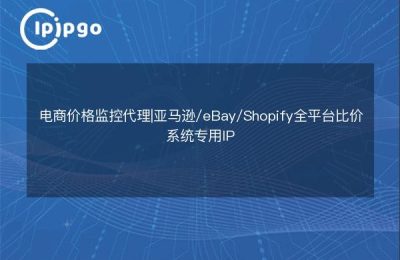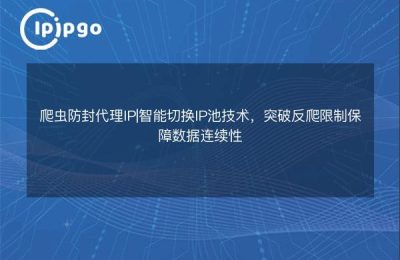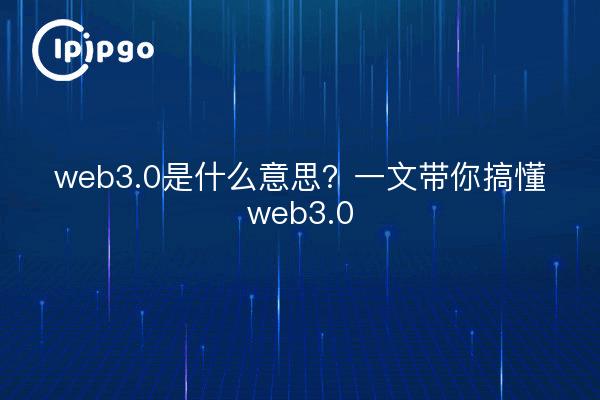
What is Web 3.0: an article to take you to figure out the
In the world of Internet, the development of technology is always changing day by day. From Web 1.0 to Web 2.0 and now Web 3.0, every upgrade brings great changes and opportunities. So, what exactly is Web 3.0? And how will it change our lives? Today, we will explore this topic in depth.
From Web 1.0 to Web 3.0: The Evolution of the Internet
To understand Web 3.0, we first need to look back at the evolution of the Internet.
Web 1.0:This was the initial phase of the Internet, which lasted from about the early 1990s to the early 2000s.Web 1.0 was characterized by static web pages, where information was mainly published by webmasters and users could only passively browse and access information. The Internet during this period was like an online encyclopedia, with fixed content and a lack of interaction.
Web 2.0:Beginning in the early 2000s, the Internet entered the Web 2.0 era. This phase is characterized by interactivity and user-generated content. The rise of platforms such as social media, blogs, and online forums allowed users to not only access information, but also create and share content.Web 2.0 made the Internet more dynamic and social.
Web 3.0:We are now moving into the era of Web 3.0, which is centered on decentralization and user autonomy. It is based on blockchain technology and emphasizes data ownership and privacy protection. Unlike Web 2.0, Web 3.0 allows users to take full control of their data and digital assets, no longer relying on a centralized platform.
Web3.0 core technologies
Web 3.0 cannot be realized without several key technologies:
Blockchain:Blockchain is the technology underlying Web 3.0, which is a distributed ledger technology used to record all transactions and data. Blockchain is characterized by decentralization, transparency and immutability.
Smart Contracts:Smart contracts are self-executing protocols that run on the blockchain. They can automatically enforce the terms of a contract without the need for an intermediary. Smart contracts have a wide range of applications, from financial transactions to supply chain management, and can be used for automation and transparency.
Decentralized Applications (DApps):Decentralized applications are applications that run on the blockchain. Unlike traditional applications, DApps do not have centralized servers and the data is more transparent and secure.DApps have a wide range of application scenarios, including finance, social, gaming and many other fields.
Advantages of Web 3.0
The advent of Web 3.0 has brought many advantages:
Data Autonomy:In the world of Web 3.0, users have complete control over their data. You no longer need to rely on a centralized platform to store and manage your data; the ownership and use of the data belongs entirely to you.
Privacy:Web 3.0 protects user privacy through encryption. Your data is encrypted during transmission and storage, and only you and authorized people can access it.
Decentralization:Web 3.0 removes intermediaries and centralized institutions, reducing transaction costs and risks. All transactions and operations are recorded on the blockchain, which is open, transparent and tamper-proof.
Smart Contracts:Smart contracts automatically enforce the terms of the contract, increasing the efficiency and security of transactions. You no longer need to rely on a third party to monitor and enforce contracts.
Web 3.0 Application Scenarios
Web 3.0 has a wide range of application scenarios, and the following are a few typical examples:
Decentralized Finance (DeFi):DeFi is one of the hottest applications of Web 3.0. With a decentralized financial platform, users can borrow, trade, invest and more without relying on traditional financial institutions.
Decentralized Social Media:In a Web 3.0 world, social media platforms are no longer controlled by centralized companies. Users are in control of their data and content and enjoy a higher level of privacy protection.
Digital Identity:Web 3.0 enables decentralized digital identity management. Users can verify and manage their identity information through blockchain technology to avoid identity theft and data leakage.
Decentralized Gaming:Web 3.0 has opened up new possibilities for the gaming industry. Through blockchain technology, virtual assets in games can truly belong to players, who can freely trade and use them.
Summarizing: The Future of Web 3.0
Overall, Web 3.0 is the next stage in the development of the Internet, which brings many advantages such as decentralization, data autonomy and privacy protection. Although Web 3.0 is still in the early stages of development, it has already shown great potential and application prospects.
With the continuous advancement of technology and the expansion of application scenarios, Web3.0 is expected to revolutionize our way of life. We hope that through this article, you can have a more comprehensive understanding of Web3.0, and open your journey of exploration in this new world.
The future belongs to Web 3.0 and to every novice who dares to explore and try!

